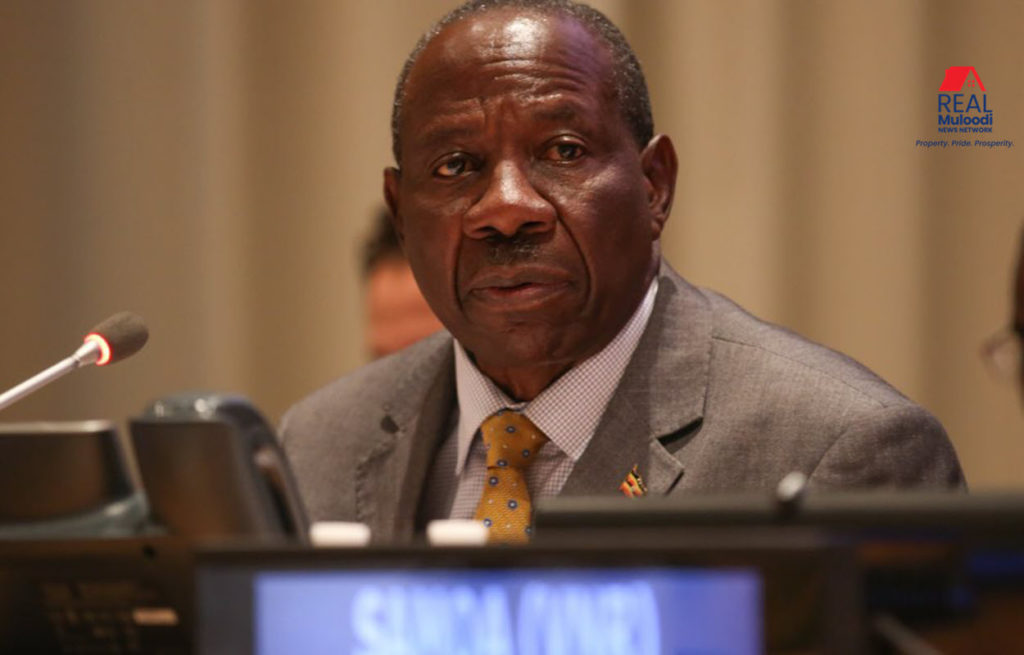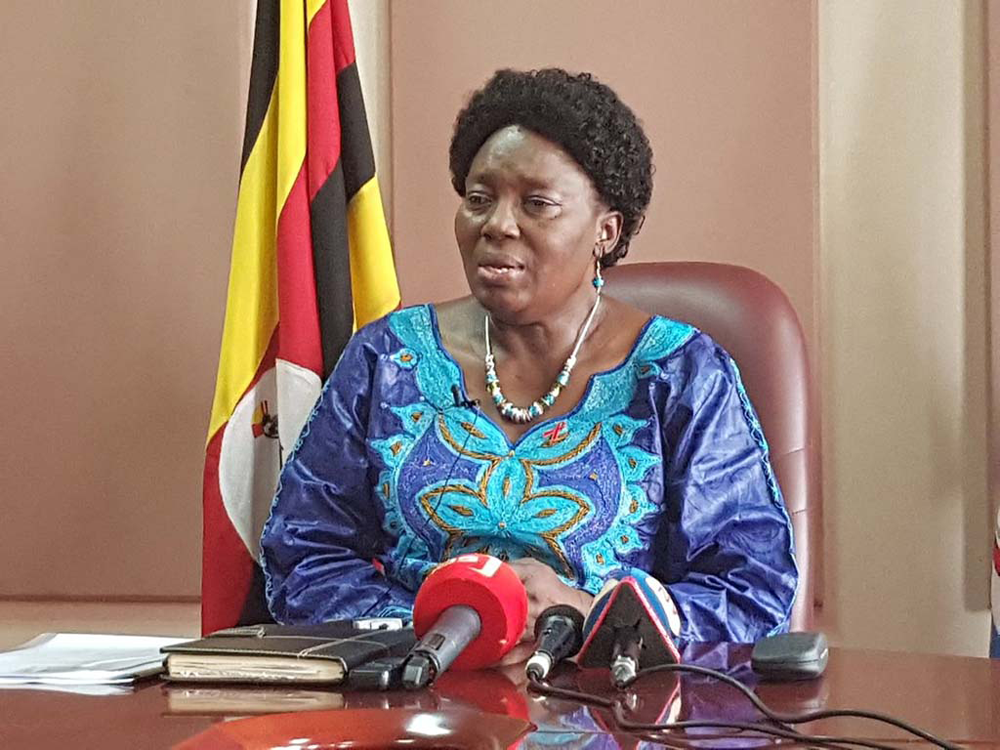Over 40 oil marketing companies in Uganda through their umbrella body the Association of Oil Marketers (Uganda) Limited have petitioned the Minister of Finance, Planning and Economic Development to intervene in their tax dispute with the Uganda Revenue Authority (URA).
In their petition dated 24th January 2022 to Honourable Matia Kasaija, the oil companies say they are unsettled by recent letters from the URA demanding that they remit 15% withholding tax on all foreign transport payments they have incurred over the years in importing fuel into Uganda.
Since 2019, the oil companies, some logistics firms and manufacturers have been feuding with the URA on this matter but it’s only this year that the URA has begun the widespread enforcement of this tax imposition.
The Oil Marketers are aggrieved that the URA is taking a position that is against the advisory opinion of the Attorney General of Uganda who cautioned against such tax imposition.
URA’s insistence to tax foreign transport payments is also at variance with international norms and approaches that Uganda’s regional peers take. Tanzania, Kenya, Zambia and Ethiopia are some of the countries that do not tax foreign transportation payments unless the recipient of those payments is established as a business in their countries.
Uganda is presently experiencing fuel supply constraints because of bottlenecks arising from discontented transporters. If URA is unrelenting that the fuel importers pay these foreign transporters less the 15% withholding tax, they are unlikely to provide the transportation services, potentially escalating the fuel shortages in the country.
If the foreign transporters decline to receive their service payments less the 15% withholding tax, it is likely that the oil marketing companies in Uganda will shoulder the burden of this tax which will increase their transportation costs. Inevitably, this cost will be pushed down to the final consumer at the pump, in the form of increased fuel prices.
Denis Kakembo, Managing Partner at Cristal Advocates, the Law Firm representing the Oil Marketers Association, said:
“Ultimately, I foresee the URA demanding that all importers of goods into Uganda account for this 15% withholding tax on the foreign transportation costs. This will then push the incidence of this tax on Uganda’s economy because the local importers will bear the tax charge hence increasing the cost of doing business and undermining the competitiveness and productivity of the economy.”
Adding, “But more importantly, as Uganda moves into the development phase of its oil and gas sector, a lot of inputs will be imported. If this tax imposition is not thought through clearly, there will be project cost overruns that may derail Uganda’s First Oil projected to flow in 2025 because at project evaluation stage, this tax imposition was never taken into account.”
The increased cost of doing business in Uganda as a result of the disputed tax imposition by the URA will make the country a less competitive destination for foreign direct investment. The increased inflationary pressure as a result of very high fuel pressures adversely affects the level of economic activities in the country.
Manufacturers importing critical raw materials for their operations will not remain competitive with their regional and global peers as a result of the added tax burden on foreign transport payments.
















